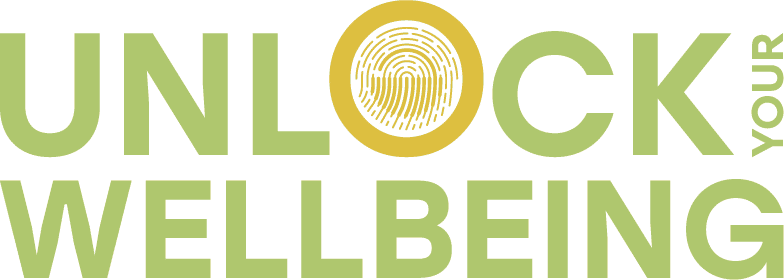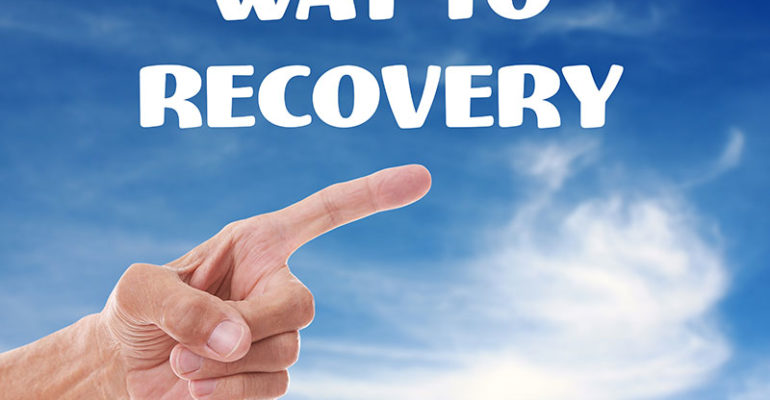Who benefits from Mental Health Recovery work?
WRAP Part Three – For anyone completing a Wellness Recovery Action Plan (WRAP) the future is much more positive. The work that is necessary to build a really robust and comprehensive WRAP will pay dividends going forward. It is also important to say that this is a work-in-progress for the rest of your life – as reviewing what goes well and what needs “strengthening” will be part and parcel of the process.
So who is going to benefit from all this work?
Primarily and most importantly, the student completing the WRAP will benefit enormously and this is the biggest motivation for us. We have worked with people who have had their lives turned around and have made many beneficial changes.
You may notice the use of the word “student” above. We like to refer to those working on their mental health recovery as students – this is from the Recovery College Movement – and the use of student is often hugely empowering for people. For those who have been in mental health services for a long time they are used to being a “patient” and being “treated”. The shift in the language used to describe themselves is key.
Completing a WRAP is a collaborative exercise where the student is in control as this is THEIR recovery. It is at their pace, and may take more than one attempt – this happens fairly frequently. Completing a WRAP requires commitment and dedication and the student may find this difficult at first. People need to be well to complete a WRAP. But just using the term student rescues them from being “done to” and allows them to express themselves to make their life better. Everybody’s Recovery is different and is respected as their own .
Our job as facilitators is to provide hope that things can be better – Recovery is possible. We will support the student to put the different elements of WRAP together in a way they will find useful. This gradually builds into a plan that aims to keep them well for longer periods of time, to think about their goals and work towards achieving them and provides a structure they can build their lives on which is safer and unique to them. It also gives them the structure to make good decisions about their lives, and how to make sense of what happens to them. Crises become less frequent and less severe. This really matters – having a life that feels out of control is painful and distressing. Gaining some control over their lives and mental health is very beneficial to students and is at the heart of why WRAP was developed.
But who else might benefit from people with mental ill health making a good recovery, reducing their crises, being happier, improving their wellbeing, working towards their goals, being more in control of their lives and health, having more insight into themselves and their condition, knowing what helps and being motivated to do it and having renewed hope that they will recover?
- Family and friends will be relieved to know what they can do to help and will be delighted that their loved one is improving and becoming healthier mentally.
- Mental health professionals will find that WRAP is very beneficial. Whilst WRAP is not a treatment or a therapy it enhances both by the student being engaged in what will make the difference to them, the student taking responsibility for their lives and educating themselves on what will help them as an individual.
- On a similar note, Crisis Team workers will find that having access to a students WRAP will allow them to support the person better if they get into a crisis. Rather than giving stock suggestions as to what the person might do at times of crisis (often have a relaxing bath, go for a walk, call a helpline). Now they have the individuals personal “Wellness Toolbox” and “Crisis Plan” in front of them which will guide them to be genuinely effective. This is a win-win situation for both the student and the crisis worker.
- Hospital wards will feel the benefit when people have a plan for their own wellbeing and health which will keep them well and potentially avoid hospital admissions for a longer time.
- Mental health budgets will shift to this Recovery Focussed work which is great value for money – but more importantly is the right thing to do – keep people well, away from services, enjoying their lives and seeing themselves as connecting to society, re engaging with opportunities. Recovery work is not expensive but it has to be properly invested in, with high quality facilitators.
- WRAP is best completed in groups by experienced facilitators with lived experience of mental ill health. This “frees up” mental health professionals to have this work completed in the very best way.
- All mental health professionals then need to use a recovery approach to all their patients – looking at what is strong, not what is wrong, looking for solutions rather than just seeing problems and empowering their patients to take back control and responsibility for their health.
- Employers – their staff will be stronger and have more insights into what their needs are and what they can achieve at work. Employers often want to help but have no idea how to – WRAP will assist in this conversation.
- Society at large – people with mental health conditions will improve and contribute and be able to model that recovery. This will have the effect of increasing knowledge about mental illnesses and how they can be managed, rather than society feeling that people with mental illness are somehow “other” or even dangerous. Even if people have no contact with mental ill health or the issues around them, ethically knowing that the right thing is being done for those who are experiencing distressing illness is important. From the extreme of the pain of losing someone to suicide, the anxiety and frustrations at wanting to help but not knowing how down to just knowing that people are receiving the best recovery work to reduce their distress has an impact on society at large. The message of recovery is positive and hopeful for EVERYONE.
What do you think – would you like to work with us to bring recovery to you or your group/organisation? Please get in touch with us to find out how.
More information about WRAP and the evidence base supporting it see copelandcenter.com
NEXT TIME……. Is Wrap just for mental health recovery? The answer may surprise you…….!


